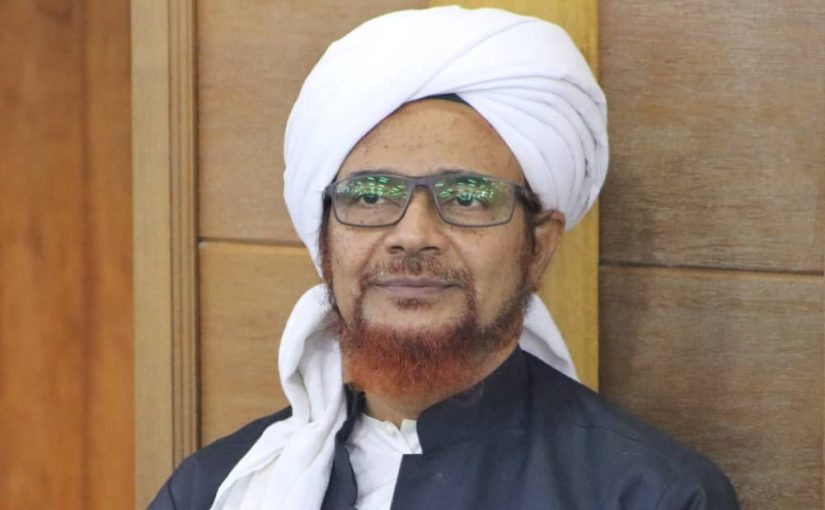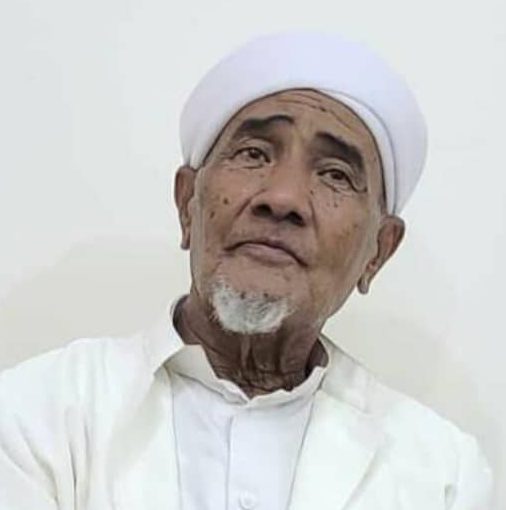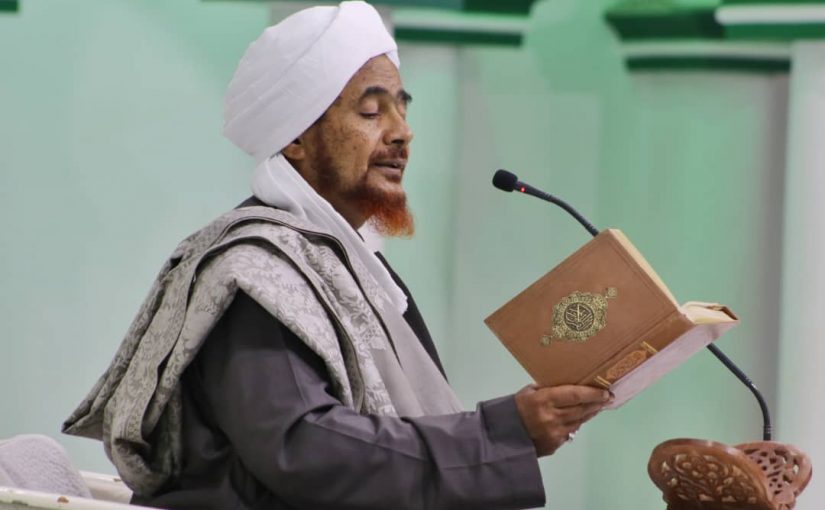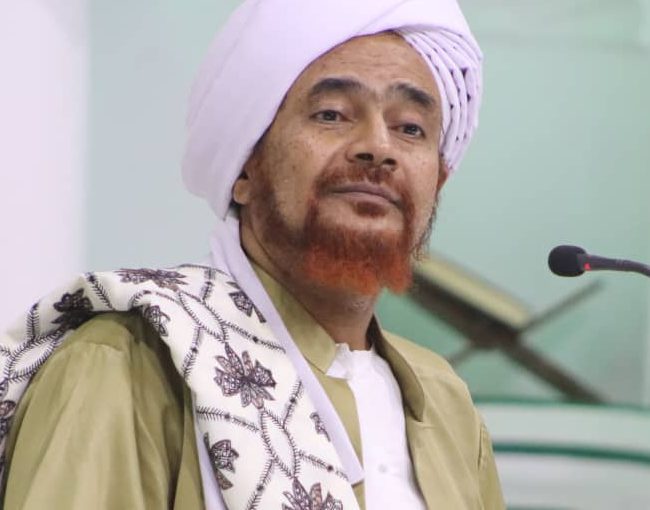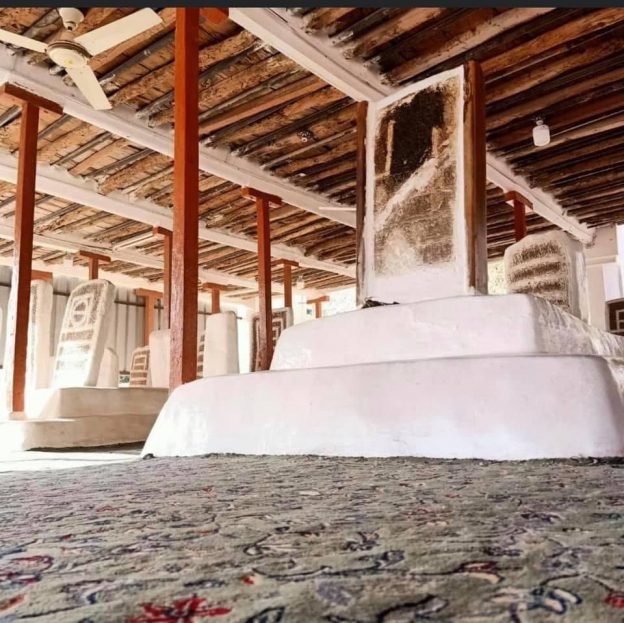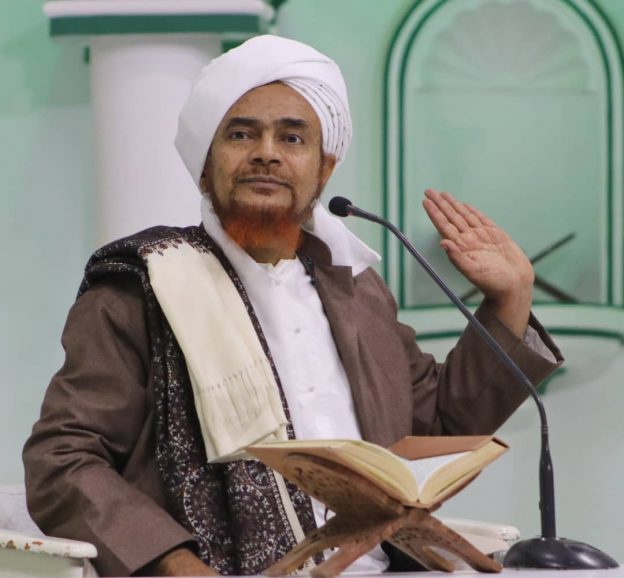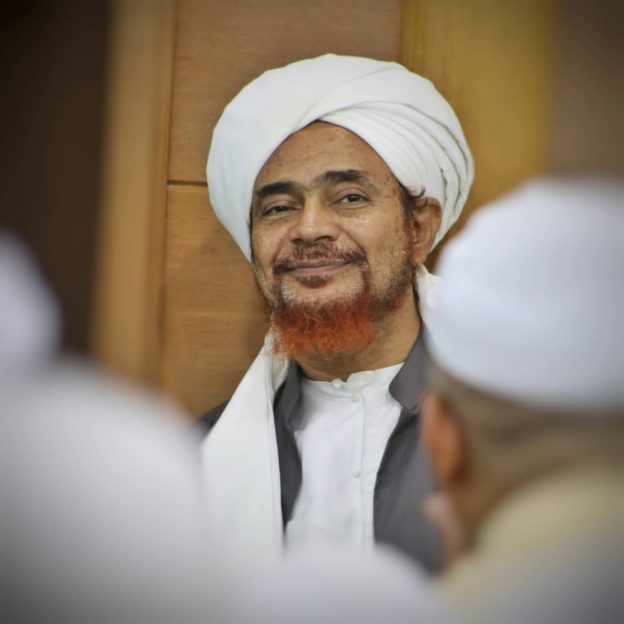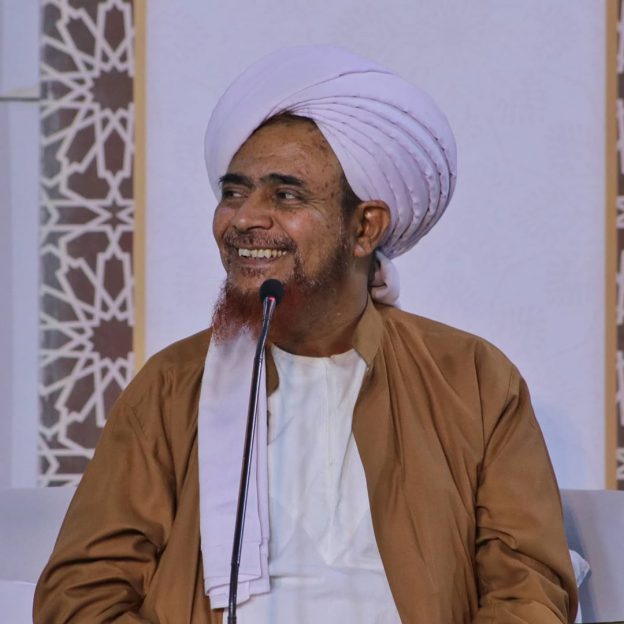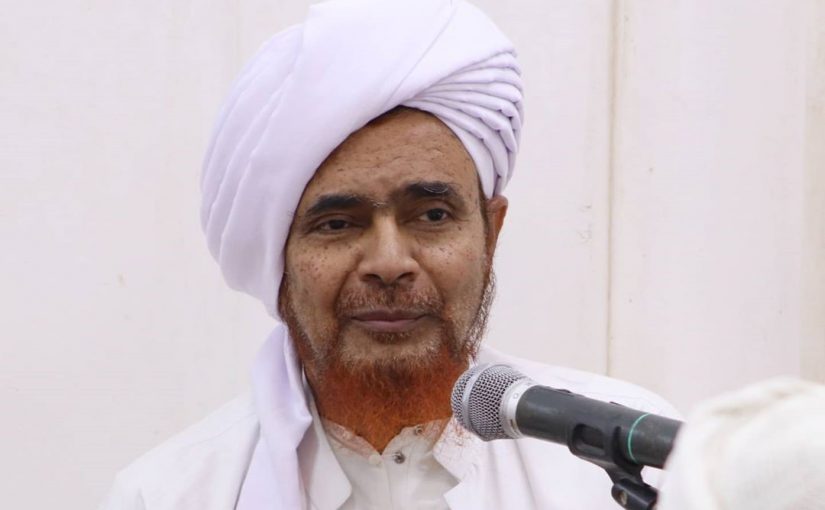Should I give preference to reading Dala’il al-Khayrat or Habib Ali al-Habashi’s Majma al-Lata’if al-Arshiyyah?
Answered by Sayyidi Habib Umar bin Hafiz (may Allah protect him and benefit us by him)
The best thing would be to recite a portion of both (or any other similar compilation of salawat) daily but if this is not possible then you should alternate between the two. All these books are filled with light. In addition, you should give priority to any salat that your shaykh has instructed you to recite or any salat which you find especially beneficial in connecting your heart to the Prophet ﷺ.


